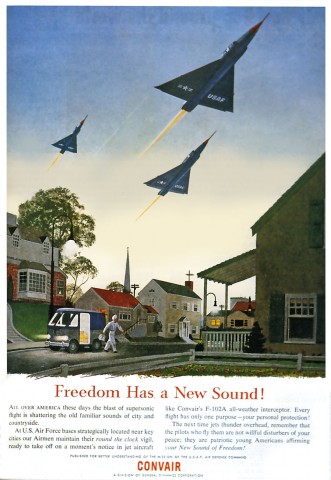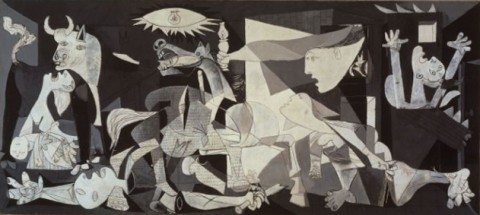Bomber Harris, bomber sceptic
One sub-species of military intellectual is the retired field marshal (or admiral, or air marshal) who, at the end of a long career, sets down their thoughts on the future of warfare for the interested reader. Even though they may be quite famous, their essays into futurism are nowadays read less often than that of […]


